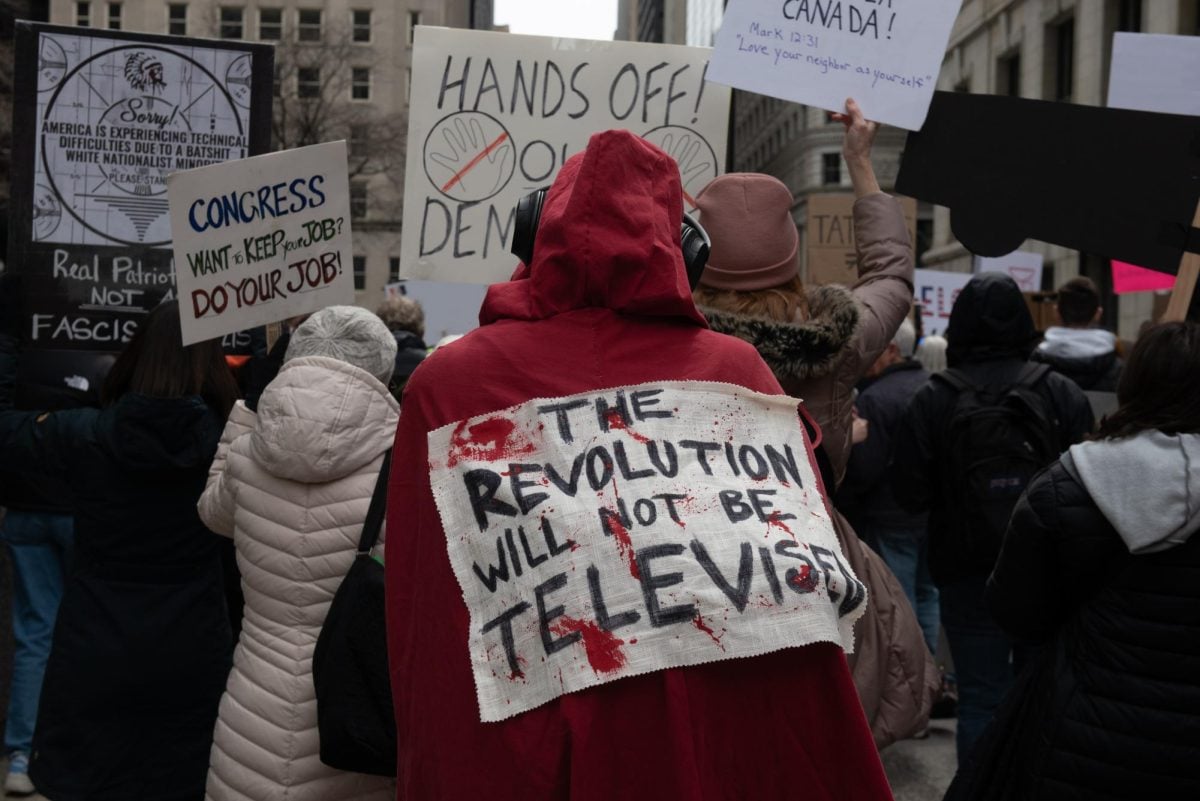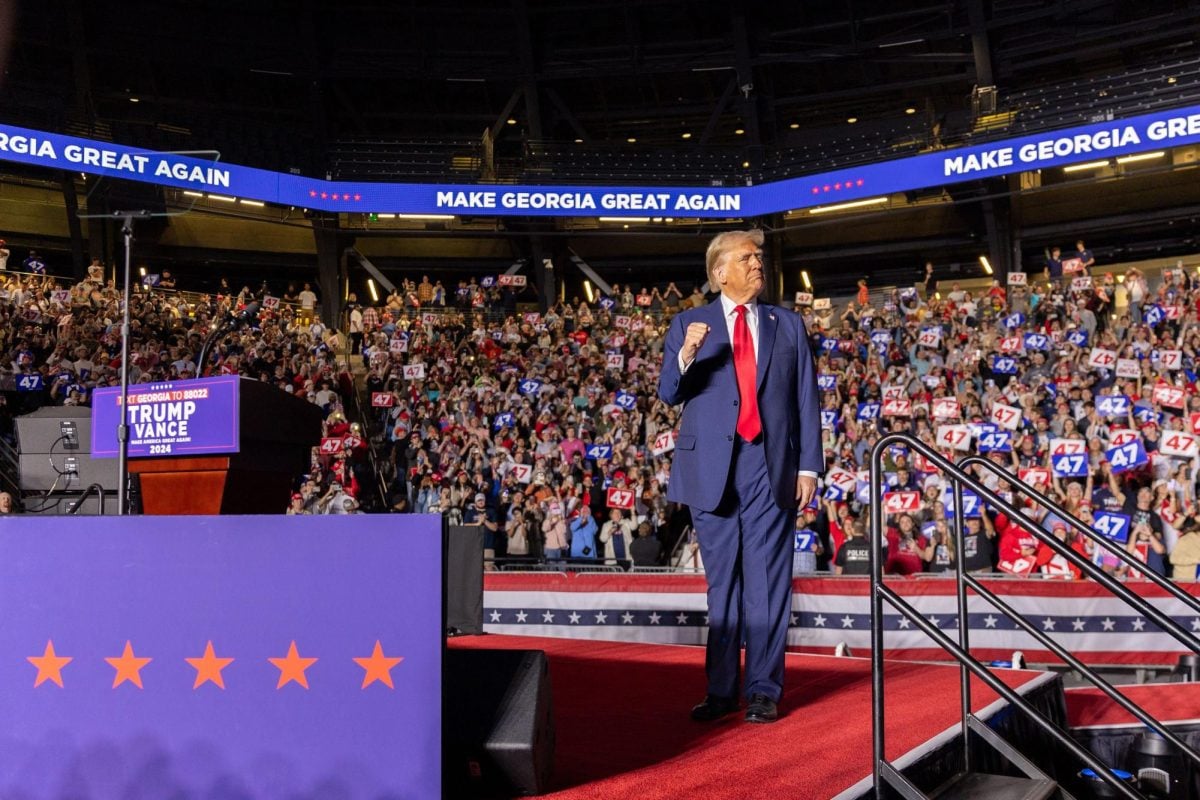In meeting with foreign leaders, former U.S. Secretary of State Madeleine Albright utilized a unique negotiating tool – her jewelry.
“As a tool of foreign policy, a pin is not in the same league as a landmark peace agreement or a major commitment to foreign aid, but I do believe the right symbol at the right time can in some ways add something meaningful to a relationship whether that something is warm and fuzzy or very, very sharp,” she said.
In a speech hosted by the Chicago Council on Global Affairs Wednesday evening at Swissotel Chicago, 323 E. Wacker Drive, Albright explained the premise behind her latest book, “Read My Pins: Stories from a Diplomat’s Jewel Box,” to an audience of about 600 people.
Over the years, Albright said she had acquired a large collection of pins of various shapes and designs. Often her choice of accessory signified her mood or goals.
“It was kind of fun to anticipate how other foreign ministers might react to what I was wearing,” she said. “If I had on a ladybug or a butterfly they would know I was in a good mood. If I wore my angel pin, they could expect me to be gentle. But, if I wore a spider or a wasp, they had a fair warning to watch out.”
Jewelry is also representative of Albright’s career and accomplishments. In 1997, Albright became the first female Secretary of State, a position she filled during President Bill Clinton’s second term. Prior to that, Albright served as the U.S. envoy to the United Nations.
Though she now serves as chairwoman of the global strategy firm Albright Stonebridge Group and chairwoman of investment advisory firm Albright Capital Management LLC, Albright took time to discuss the challenges facing the current administration.
“It’s true that every new American president inherits headaches, but Mr. Obama has inherited the whole emergency room,” she said. “Decision makers are struggling to manage problems that they’re not in a position immediately to solve. In this environment it’s impossible for any single country, let alone any one leader, simply to impose his will. This leaves President Obama with his hands full both domestically and overseas.”
Though she said it is too early to evaluate Obama’s legacy, Albright said the president’s speaking skills, strong national security team, energy and calm demeanor have helped improve U.S. relations with other countries. The coming months, she said, will be a “critical maturing phase” for his administration.
“Like a daredevil in a circus, Mr. Obama is trying to make forward progress without tipping too far in one direction or another,” she said. “This reflects not so much ideology but a clear view of reality. There are dangers on every side, so the watchword of the moment is balance.”
Audience members also asked for Albright’s insight on various current events. During the question-and-answer session, Albright emphasized the need to pursue diplomatic relations with countries like North Korea and Iran, promote political roles for women and for the U.S. to “go back to being a country of law” following the aftermath of events in Guantanamo Bay and Abu Ghraib prison.
“She is very clever,” said Michael Vit, chief public health officer with the Ministry of Health of the Czech Republic. “It’s very interesting to know the differences between different countries, how negotiations are like between the U.S. and North Korean or between U.S. and Russia.”
Fellow audience member Shepali Katira, said she enjoyed hearing the perspective of a someone who “broke a lot of barriers.”
“She wasn’t afraid to dress like a woman, to wear jewelry and in a twist, to use a very feminine item as a diplomatic model,” the Chicago physician said. “She still has a good pulse on current affairs.”
ntadena@u.northwestern.edu













